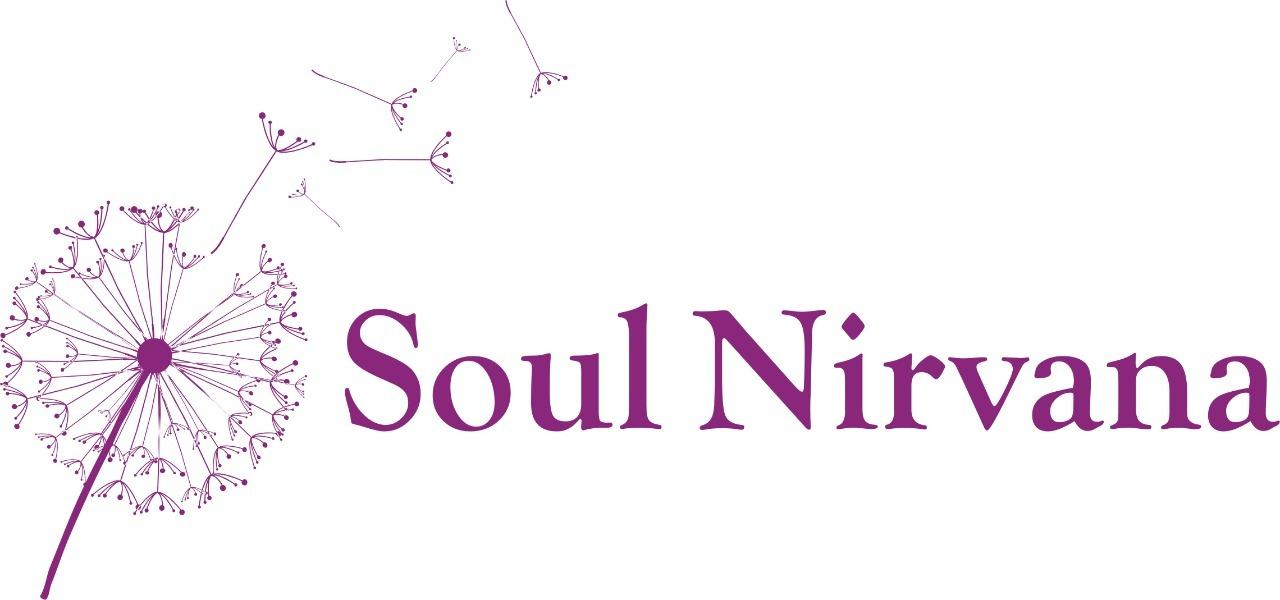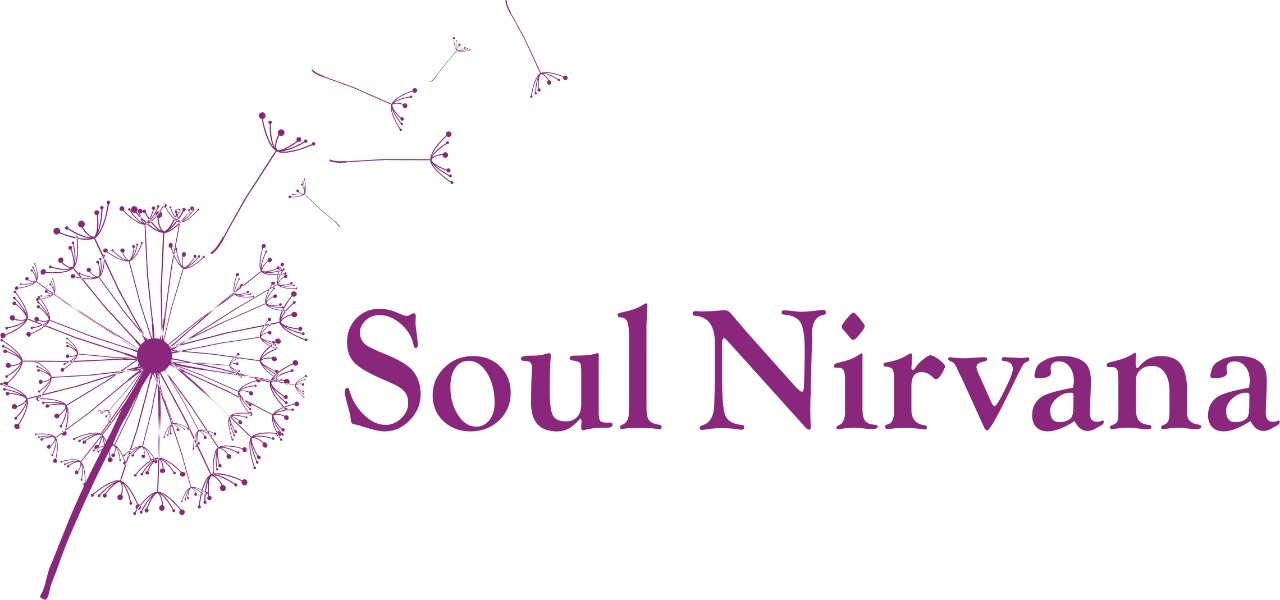When Love Meets Fear: Understanding Jealousy and Insecurity in Long-Term Relationships

"The greatest happiness of life is the conviction that we are loved; loved for ourselves, or rather, loved in spite of ourselves." – Victor Hugo
Introduction
Who better than a poet to describe what being loved feels like—like Victor Hugo, a renowned French writer, poet, and political figure, who emphasized how the greatest happiness of life is truly in the understanding and conviction that we are loved.
Long-term relationships today are often painted as perfection — it’s where you are asked to place your trust, feel safe, and mutually grow. But we are also slowly becoming more aware that it isn’t as perfect as it seems. There are always the shadows of our pasts, insecurities, or incidents of jealousy that create inevitable turbulence in our relationships — at least once in any relationship.
But why does that happen?
Some of us aren’t aware that our own insecurities are sometimes getting in the way of our happiness, creating emotional distance and confusion — owing to the intersection where love, fear, emotional triggers, attachment styles, and self-worth all meet at once. So, let’s dive into these emotions — the ones we hide, suppress, or feel ashamed of — because they hold powerful messages, if only we dare to listen.
Is It Love, or Is It Fear of Losing Love?
Jealousy and insecurity are not signs of weak love — they are signs of deep attachment and often unhealed inner wounds. They arise not just from the dynamics between partners, but from the internal stories we carry.
Jealousy is not always about mistrust — sometimes, it's a cry from the inner child who fears being replaced, abandoned, or unseen. It’s a protective emotion, one that flares up when love feels threatened. It can be present even when love is strong. Because fear doesn’t always wait for proof — it moves with perception.
a. The Role of Attachment Styles
- Anxious attachment styles tend to magnify insecurity. Individuals may fear abandonment or seek constant reassurance, especially when their partner appears distant or distracted.
- Attachment styles provide a theoretical framework for understanding how individuals respond to partner behaviours that either confirm or violate trust
- Avoidant types, on the other hand, may suppress jealousy but experience it as irritability or withdrawal.
- Securely attached individuals feel jealousy too — but they process it more healthily, using open communication and self-soothing.
b. Jealousy as an Emotional Trigger
Jealousy is not always about the other person. It often reflects:
- Unmet needs from childhood (e.g., feeling unseen or unworthy).
- Previous betrayals, even in past relationships.
- Self-comparison and low self-esteem triggered by social media or societal pressures.
c. Fear of Loss and Vulnerability
Jealousy is ultimately the fear of losing love. In long-term relationships, this fear can surface when:
- Roles shift (e.g., one partner becomes more successful).
- Communication declines.
- Intimacy feels routine or emotionally distant.
The Quiet Crisis of Trust in Long-Term Relationships
Trust isn’t built once; it’s built over and over again. And yet, most people assume that once you're in a committed relationship, trust should be automatic. But here’s the quiet truth: in long-term love, trust is continually tested — not because the love is weak, but because life is complex.
- Jealousy and Emotional Triggers
A recent study presented at the SLEEP 2025 annual meeting reveals that poor sleep quality is linked to increased feelings of jealousy, particularly among individuals with anxious attachment styles.
More often than not, jealousy is a reaction to emotional triggers, not actual betrayal.
- Social media comparisons
- Past betrayals
- Changes in intimacy or attention
- These create subtle fractures in our sense of emotional safety.
b. Cognitive Jealousy and Stress
According to recent research using Lazarus & Folkman's stress theory and Pfeiffer & Wong's cognitive jealousy framework, higher levels of cognitive jealousy correlate directly with higher stress levels in individuals in romantic relationships.
This study, conducted among 290 emerging adults, reveals a key insight: when thoughts of imagined threats persist, stress surges — and this impacts not just the relationship, but personal mental health.
Why Insecurity Isn’t the Problem — Avoiding It Is
Insecurity is not a flaw. It’s an invitation. A signal that something within us needs care, understanding, and presence. The real issue arises when we avoid these emotions — suppressing them, pretending they don’t exist, or shaming ourselves for feeling them.
a. Facing Insecurity with Compassion
- Speak your fear before it becomes a wall.
- Acknowledge your jealousy without blaming the other.
- Use "I" statements: “I felt hurt when I saw you laugh with them, not because I don’t trust you, but because I felt left out.”
b. Healing Together
- Couples counselling and assessment can provide a safe space to unpack patterns without judgment.
- Personal therapy helps heal wounds rooted in childhood, identity, and past relationships.
c. Conscious Self-Worth
- Anchor yourself in your own value — outside the relationship.
- Workshops and coaching in emotional intelligence or personalized therapy care plan can build more resilience and understanding.
- Revisit moments where you felt most alive, seen, and empowered.
- Remember: Your worth isn’t decided by how someone else sees you — it’s how you choose to see yourself.
Conclusion
Jealousy and insecurity are not enemies of love. They’re signposts — pointing to unspoken needs, unseen wounds, and unloved parts of ourselves. When we stop seeing them as flaws and start seeing them as emotional messengers, we open a portal to real intimacy.
When love meets fear, we are faced with a choice: suppress it, or sit with it. And in that stillness, with honesty and care, we often discover that fear wasn’t trying to break us — it was asking us to go deeper.
Because true love isn’t fearless. It’s the willingness to show up with our fear in hand — and still choose love anyway.
Sources
- Relationship insecurity explains the connection between poor sleep and jealousy - Relationship insecurity explains the connection between poor sleep and jealousy
- The Price of Distrust: Trust, Anxious Attachment, Jealousy, and Partner Abuse - The Price of Distrust: Trust, Anxious Attachment, Jealousy, and Partner Abuse - PMC
- The Relationship Between Cognitive Jealousy and Stress Levels in Romantic Relationships in Emerging Adulthood - (PDF) The Relationship Between Cognitive Jealousy and Stress Levels In Romantic Relationships In Emerging Adulthood
- The Positive and Negative Effects of Jealousy on Relationship The Positive and Negative Effects of Jealousy on Relationship Quality: A Meta-Analysis - The Positive and Negative Effects of Jealousy on Relationship Quality: A Meta-Analysis

Ms Sonali Sikdar
Ms Sonali empowers individuals to grow, heal, and align their careers with their inner calling.
Related Blogs
No related blogs available.

